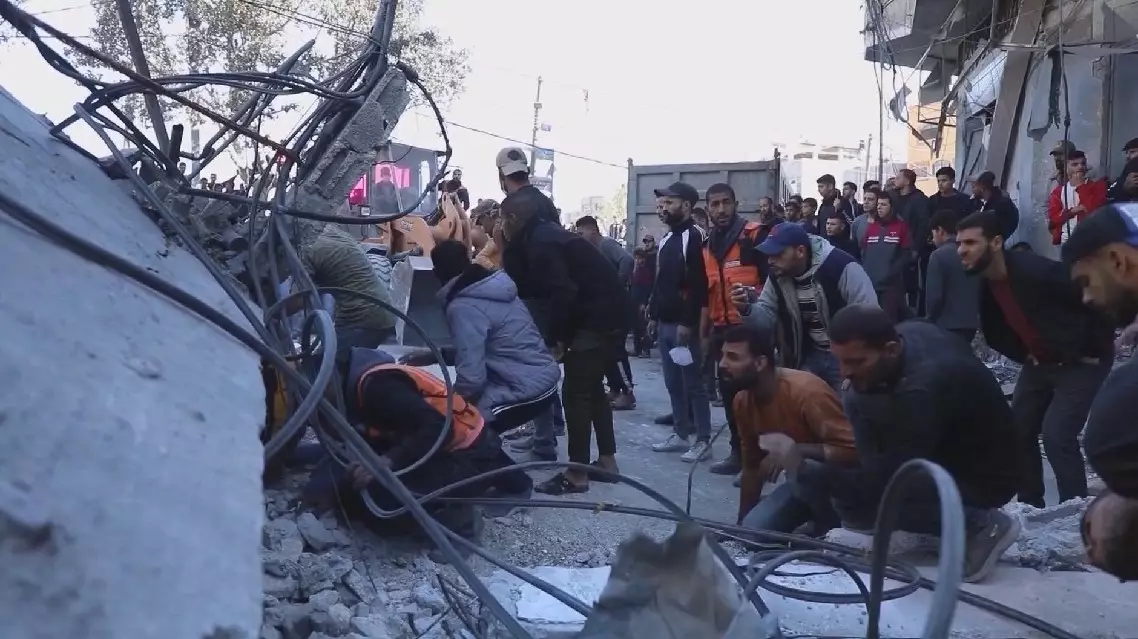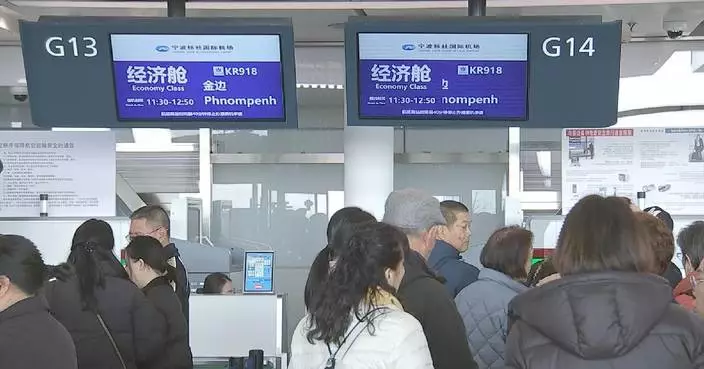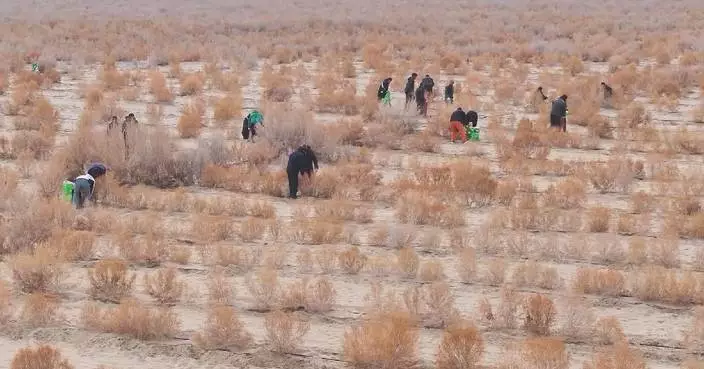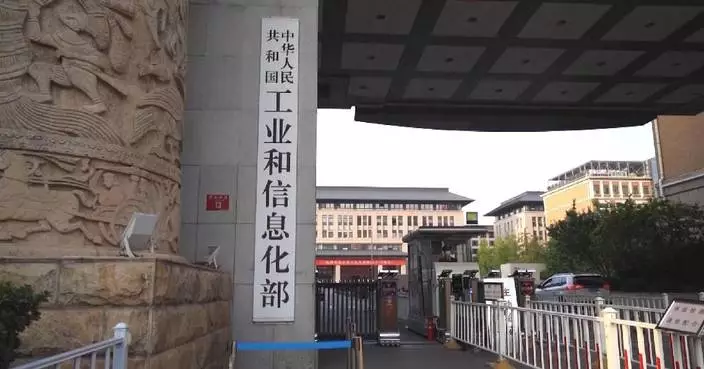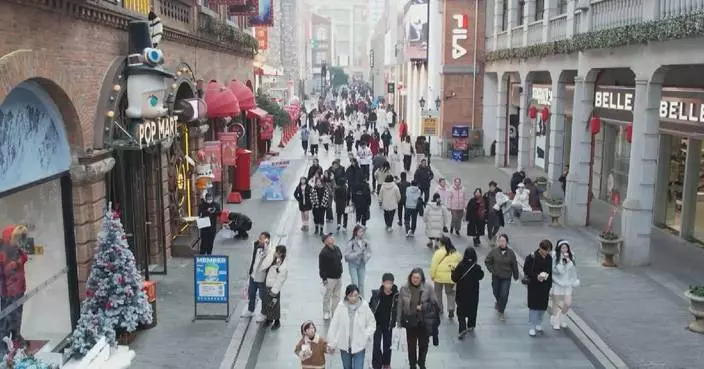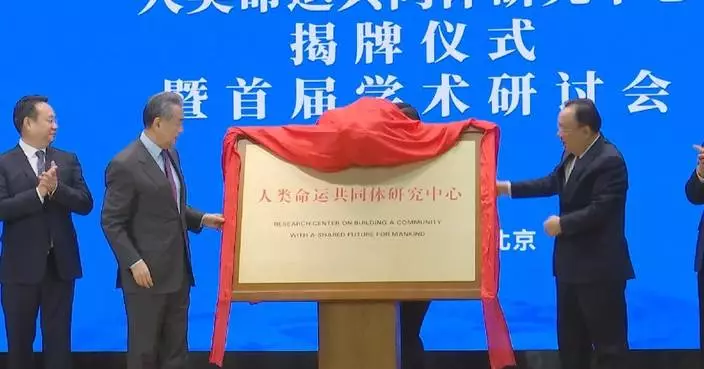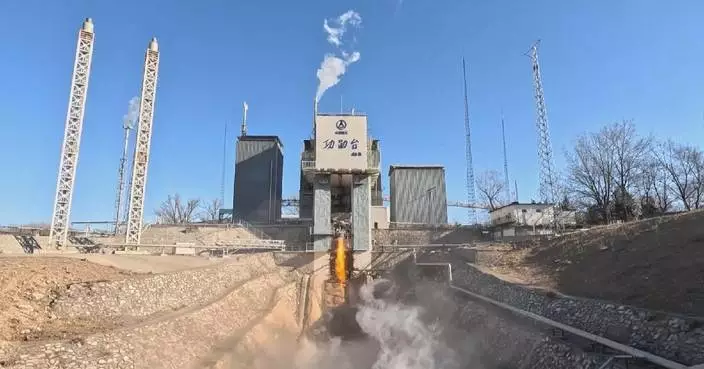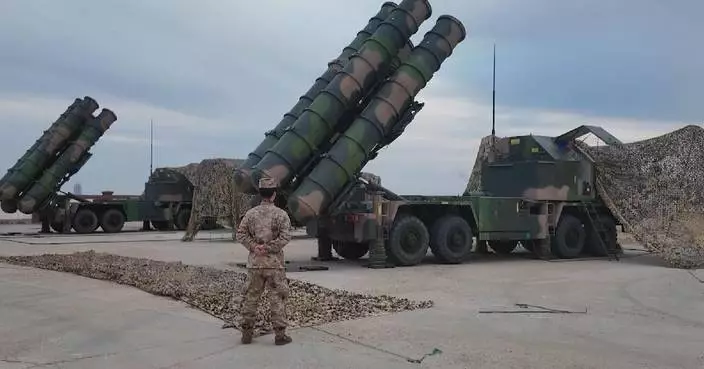European carmakers do not want additional tariffs on Chinese electric vehicles (EVs) as the move is harmful to them, especially for those having plants in China, said a Spanish entrepreneur on Tuesday.
Spurred by the policy support and market demand in Spain, EV industry has developed rapidly in recent years in the country, which currently boasts an EV fleet of about 500,000 units.
The Spanish government has set a target of having 5 million EVs and installing 500,000 charging piles by 2030.
The EU's additional tariffs on Chinese EVs are a wrong course, which will not solve any problems but will only hinder the further development of its own EV industry, said Arturo Perez de Lucia, general manager of the Business Association for the Development and Promotion of Electric Mobility (AEDIVE), when talking to China Central Television (CCTV) on Tuesday.
"I don't think the EU is on the right track. Although the policy is aimed at protecting European industry, European industry itself does not want to increase tariffs. I think one thing the EU should do is to listen to the opinions of European carmakers. Carmakers do not want the additional tariffs because the move is harmful to them. The increase in tariffs is also a very serious problem for European companies with manufacturing plants in China, who will suffer as a result. I think the car market is global and the door should be open for exchange," said Perez.
Perez further noted that key areas for the future of the EV industry include battery technology and digitalization, where China plays a leading role in competition.
At present, many Spanish companies have joined hands with their Chinese peers to tap into the sector, which is the right way forward, according to Perez.
Only through cooperation can efficient solutions be worked out, he stressed.
"Now Europe has to learn from China. We need to learn how to improve our manufacturing processes and logistics systems, making them more competitive in the market. China has technologies in digitization, energy efficiency, and energy storage that we don't have in Europe, so we must seek cooperation," said Perez.
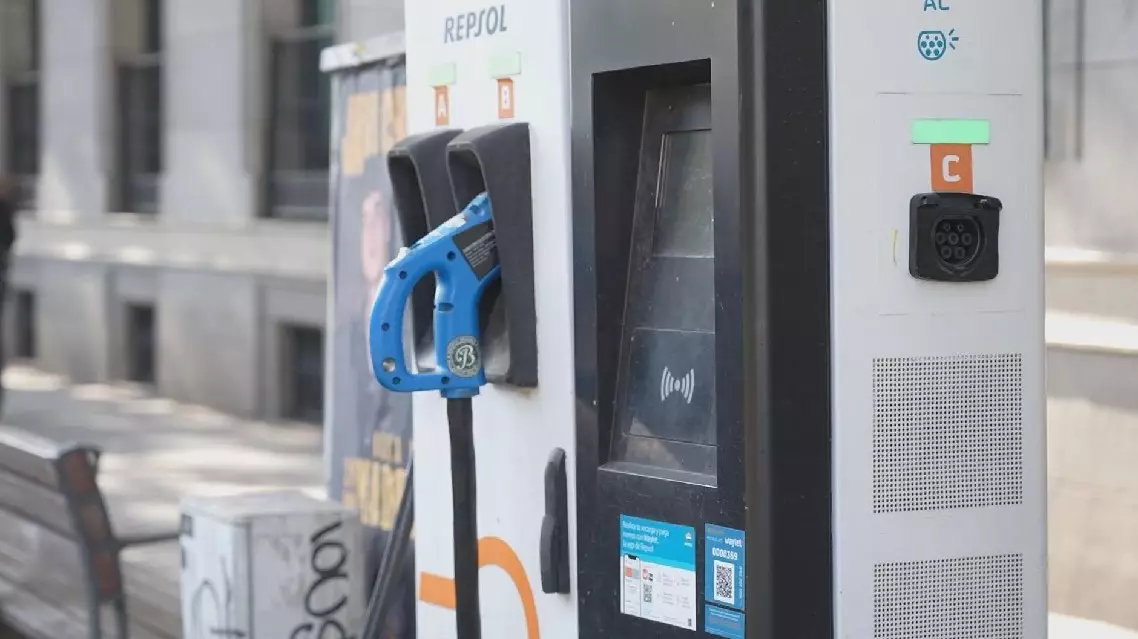
EU's additional tariffs on Chinese EVs harmful to local carmakers: Spanish entrepreneur
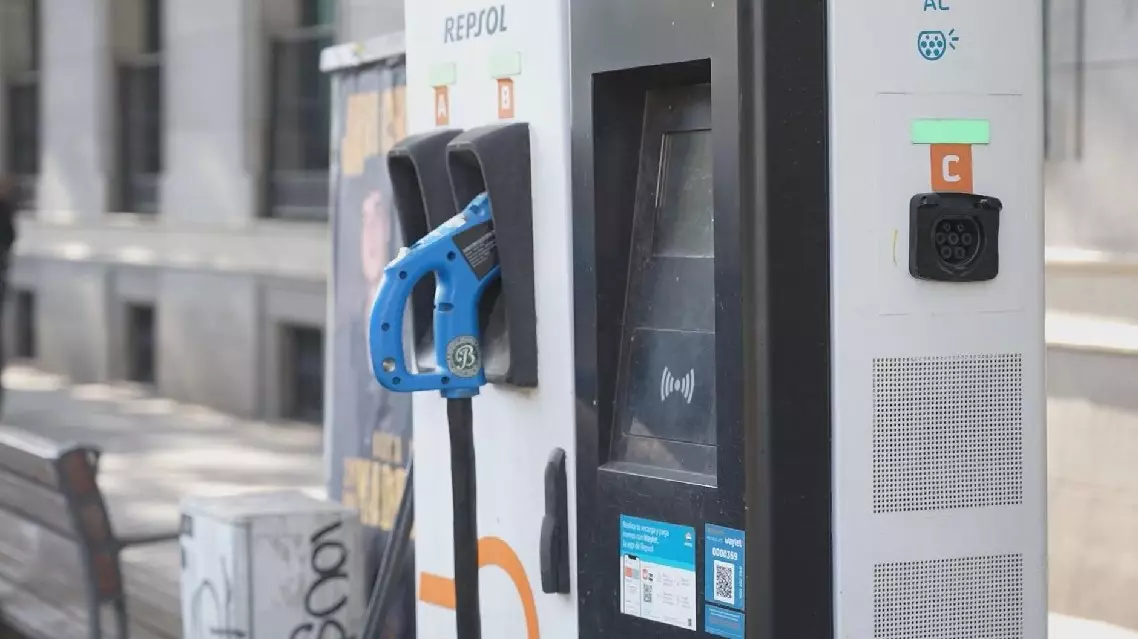
EU's additional tariffs on Chinese EVs harmful to local carmakers: Spanish entrepreneur


